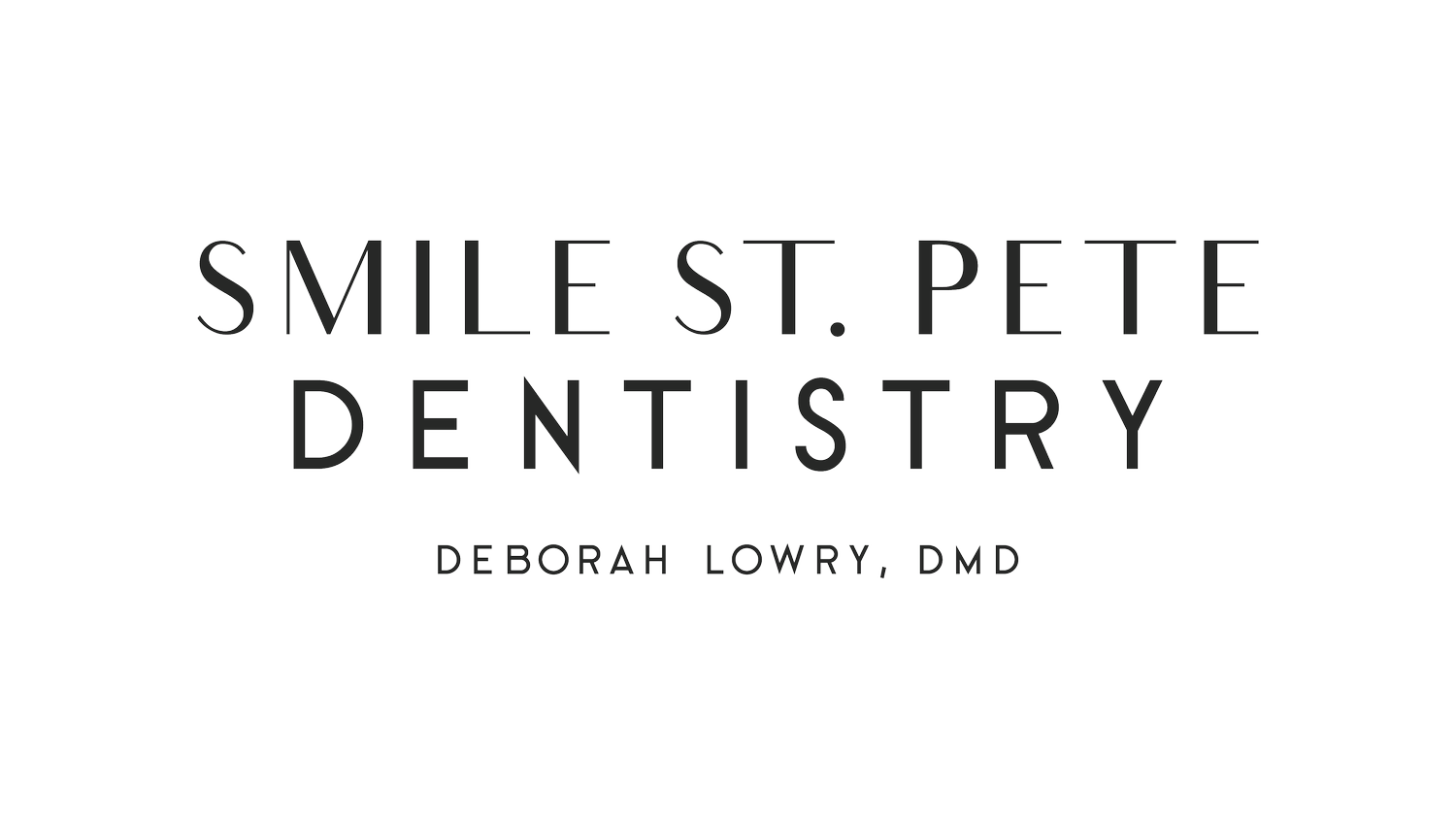Oral Hygiene for the Elderly: Special Considerations and Tips
As we navigate through the golden years of life, maintaining a healthy smile becomes more important than ever. At Smile St. Pete Dentistry, we understand that elderly individuals have unique oral health needs and challenges. Our dedicated team is here to provide the knowledge and care necessary for a lifetime of radiant smiles! In this article, we will explore special considerations and share practical tips for oral hygiene among the elderly.
Aging and Oral Health
Aging can bring about several changes in our oral environment. The elderly may experience receding gum lines, dry mouth due to medications, or decreased mobility affecting their ability to maintain oral hygiene. Being aware of these changes and addressing them promptly is crucial for preventing dental issues such as cavities, gum disease, and tooth loss.
Daily Oral Hygiene Practices
1. Regular Brushing and Flossing
Regular brushing and flossing are the cornerstones of oral hygiene at any age. For the elderly, using a soft-bristle toothbrush can be gentler on sensitive gums. Additionally, flossing helps in reaching areas between teeth that a toothbrush might miss, preventing plaque build-up and gum diseases.
2. Using Fluoride Toothpaste
Fluoride toothpaste strengthens the enamel and prevents cavities. It’s especially important for the elderly as they may be more prone to tooth decay due to medications, diet, or other health issues.
3. Cleaning Dentures Daily
For those wearing dentures, daily cleaning is essential. Dentures should be removed at night and cleaned thoroughly to avoid any fungal infections or irritation.
Addressing Dry Mouth
Many elderly individuals experience dry mouth as a side effect of medications. Saliva plays a vital role in neutralizing acids and cleaning the mouth. When experiencing dry mouth, it’s important to stay hydrated, chew sugar-free gum, or use a saliva substitute to maintain a healthy oral environment.
Regular Dental Check-ups
Regular visits to Smile St. Pete Dentistry allow us to monitor any changes in oral health and address issues early on. Our friendly and experienced team provides personalized care to meet the unique needs of every patient. These regular check-ups can help in identifying problems like gum disease, oral cancer, or cavities before they become severe.
Nutritious Diet for Healthy Gums and Teeth
A balanced and nutritious diet is essential for maintaining healthy gums and teeth. Including foods rich in calcium, vitamin D, fiber, and antioxidants can help in strengthening teeth and fighting off infections. Remember, a healthy diet contributes significantly to overall well-being and a radiant smile!
Special Considerations for Mobility Challenges
For elderly individuals with arthritis or other mobility issues, maintaining oral hygiene can be challenging. Using an electric toothbrush, dental floss holders, or other adaptive devices can make brushing and flossing easier and more comfortable.
Oral hygiene is a vital component of overall health and well-being, especially in the golden years. At Smile St. Pete Dentistry, we are committed to providing the elderly with comprehensive and compassionate dental care. By being aware of the special considerations for elderly oral hygiene and following the tips shared, a healthy and radiant smile can be maintained throughout life.
Remember, it’s never too late to invest in your smile! Schedule your appointment with us today and take a step towards a healthier, happier you.
